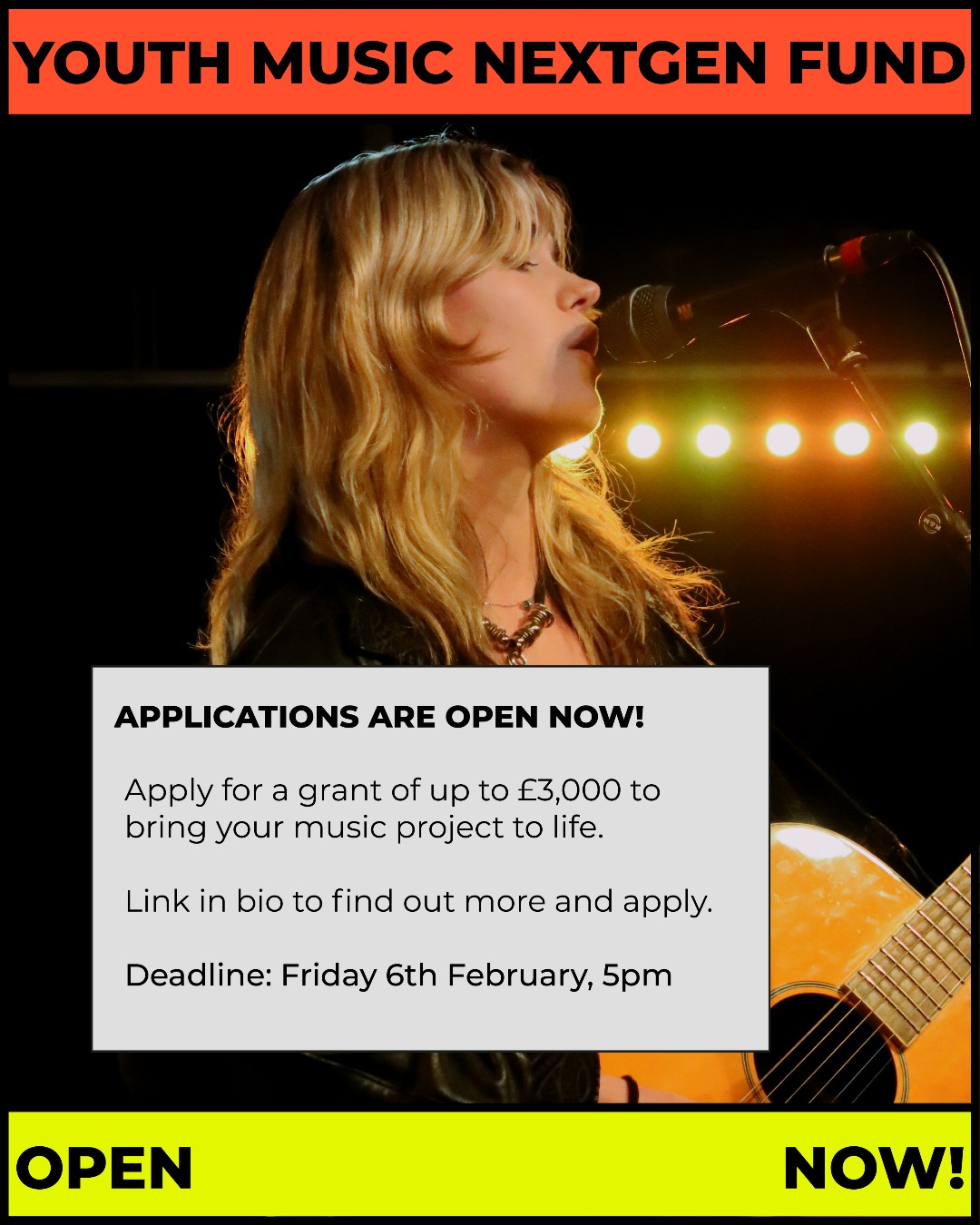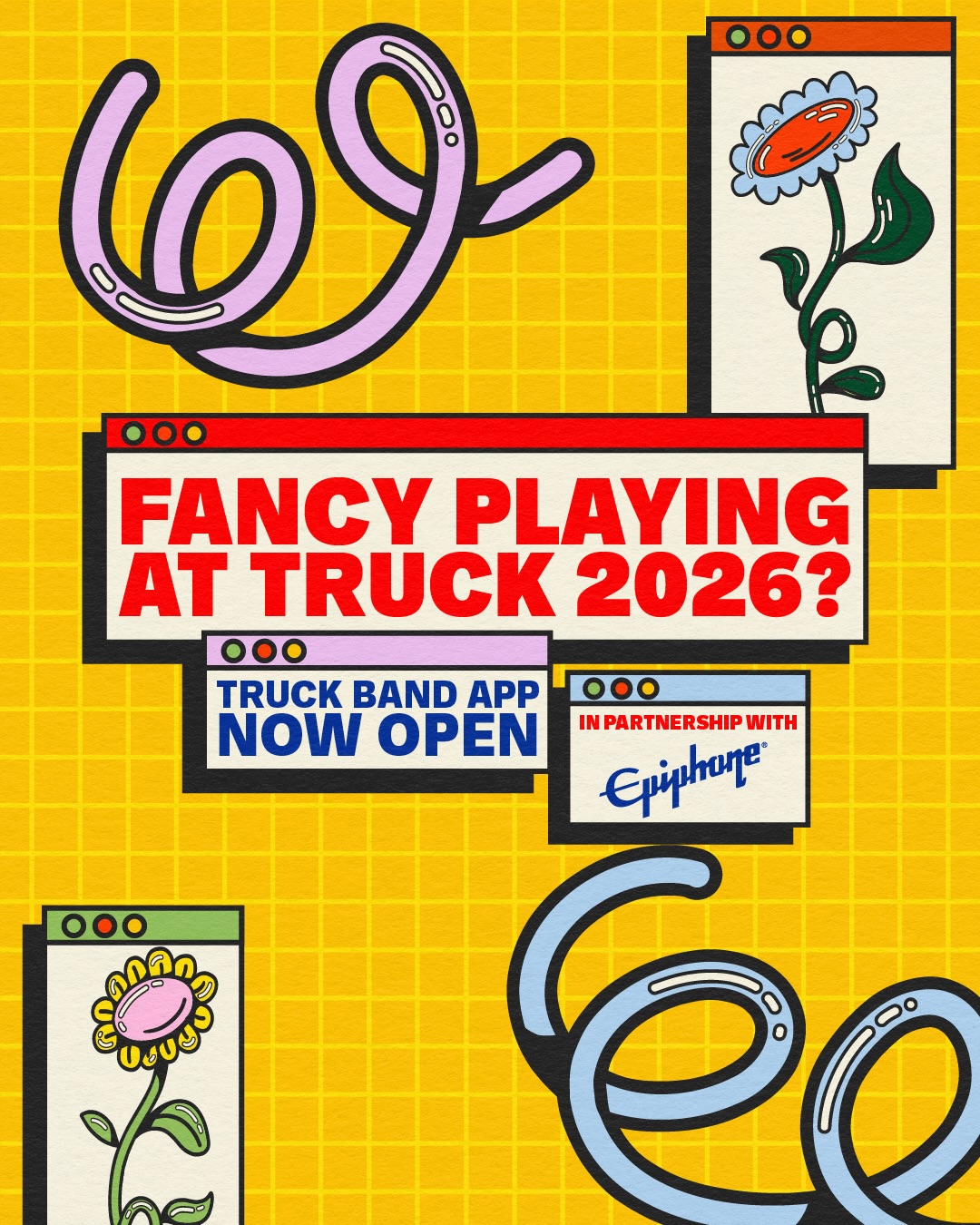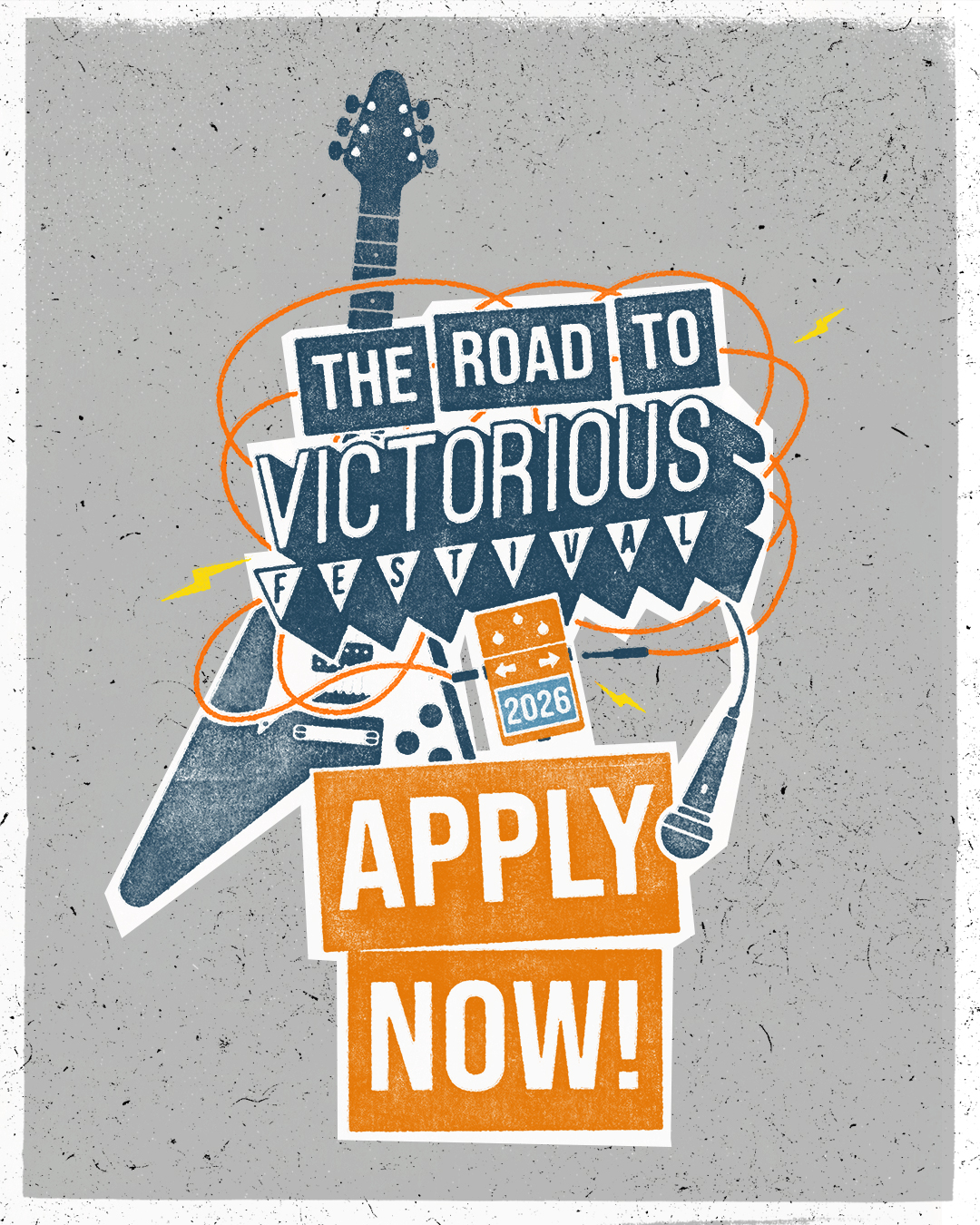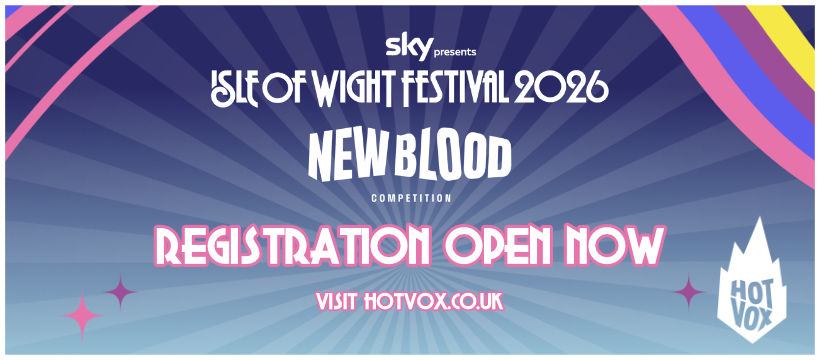How to make money from streaming
Blog by Incorporated Society of Musicians under Music Training & Careers, Selling & Distributing Your Music
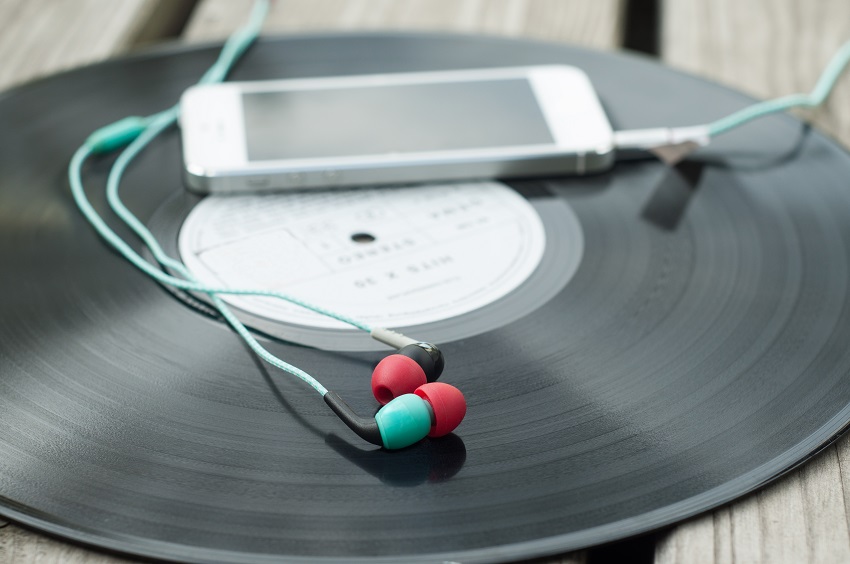
This is an edited extract from the ISM’s 'How to… Connect with a digital audience' by Chris Cooke
The single biggest revolution in music caused by the shift to digital is that artists can now get their recordings to a global audience and communicate with a global fanbase by themselves. Doing so does require signing up to some platforms, buying some distribution services and joining a collecting society, but all of this can be done with minimal cost and minimal expertise.
Which means that early-career artists can release music and start building a fanbase without having any traditional music industry business partners - like management, a label or a publisher – in place. And, indeed, these days most managers, labels and publishers will expect an artist to have set things in motion before they come on board.
'How to… Connect with a digital audience' explains your rights as a musician, how you can get your music online, find an audience for your music and, most importantly, how you can earn money when your music is downloaded or streamed.
Most people start off with SoundCloud and YouTube, because anyone can set up a free profile or channel on these platforms, but you really need your music to be on every download and streaming platform around the world, including the ones you’ve never heard of!
Whereas SoundCloud and YouTube will pay you directly once your accounts are monetised, all the other services pay you via your distributor, which may or may not take a cut of that money.
The deals between the services and the music industry are actually ‘revenue share based on consumption share’, which means per-stream rates will vary from month to month, depending on how much money the service generated and how many tracks were streamed overall. Though the average, approximate per-stream rate is likely to be a fraction of a penny.
It’s also important to note that the royalties from paid-for premium streaming services will usually be more – probably much more - than the royalties from free ad-funded streaming services. So, on Spotify - which has both free and paid-for levels - you make more money when a premium subscriber listens to your music compared to a free subscriber. Which is why on SoundCloud and YouTube, where the vast majority of users are on free accounts, you might want to encourage people to check out your music on a premium service.
Remember, as with your SoundCloud and YouTube payments, the money paid via your distributor only relates to your recordings. If a track is also your song, then you are due additional royalties via PRS (Performing Right Society) and MCPS (Mechanical-Copyright Protection Society). To access that income you need to join both collecting societies, both of which charge a one-off joining fee of £100.
Because a stream exploits both the performing rights and the mechanical rights of the copyright, the streaming service pays some of the money you are due via PRS and some of it via MCPS, so you will only get all of your royalties if you join both societies. Though because streaming income will be modest until you start to get high numbers of streams, it might actually take some time to make that £200 back. But remember, PRS also collects royalties from things like gigs and broadcast, and MCPS on CD sales and television sync.
Of course, you will only be due PRS/MCPS money on your streams if you wrote the song. If it’s someone else’s song, the song royalty will go to them instead. Where this is the case - with the exception of download stores in a handful of countries (most notably the US) – you don’t have to worry about making sure the songwriter gets paid, as the digital platforms work with the collecting societies and the music publishers on distributing the song royalties.
Chris Cooke is Founder and MD of CMU
Full editions of the ISM’s How to… guides, including 'How to… Play at a festival' and 'How to… Work with an artist manager' are available to ISM members. You can get some top tips from the guides on their website.
The ISM is the UK's professional body for musicians, supporting almost 9,500 musicians across the UK and Ireland with unrivalled legal support, essential insurances and specialist advice and services. ISM membership starts at £15.
Tags
Incorporated Society of Musicians ISM share advice on how emerging musicians can make money from streaming

